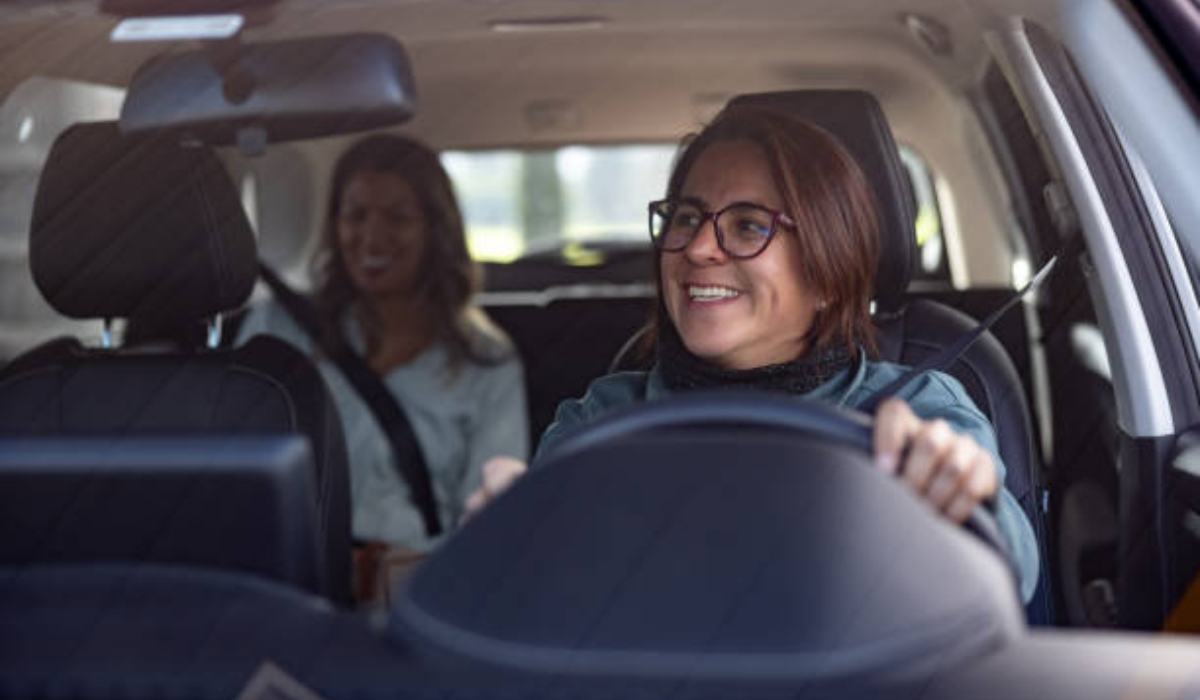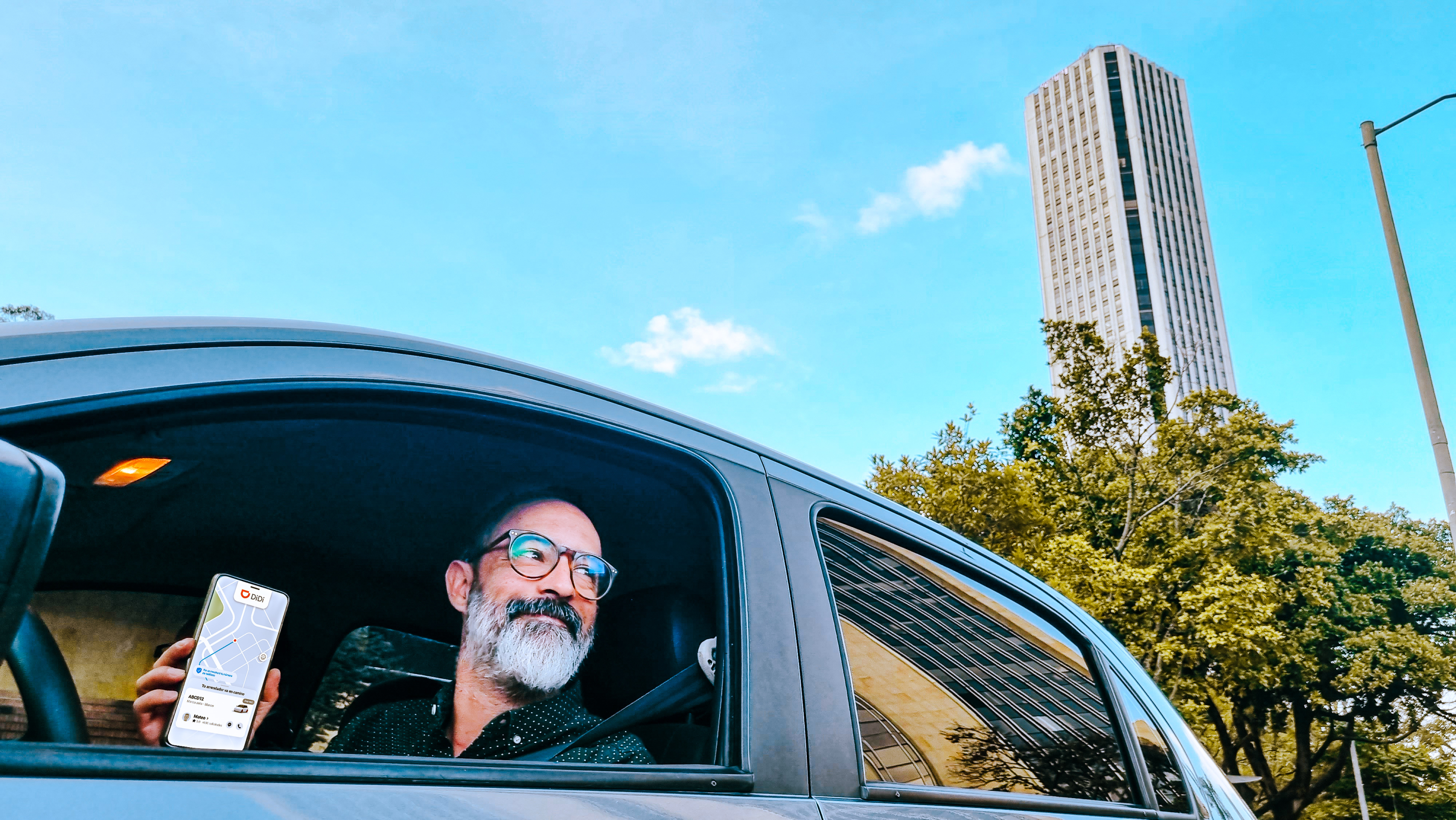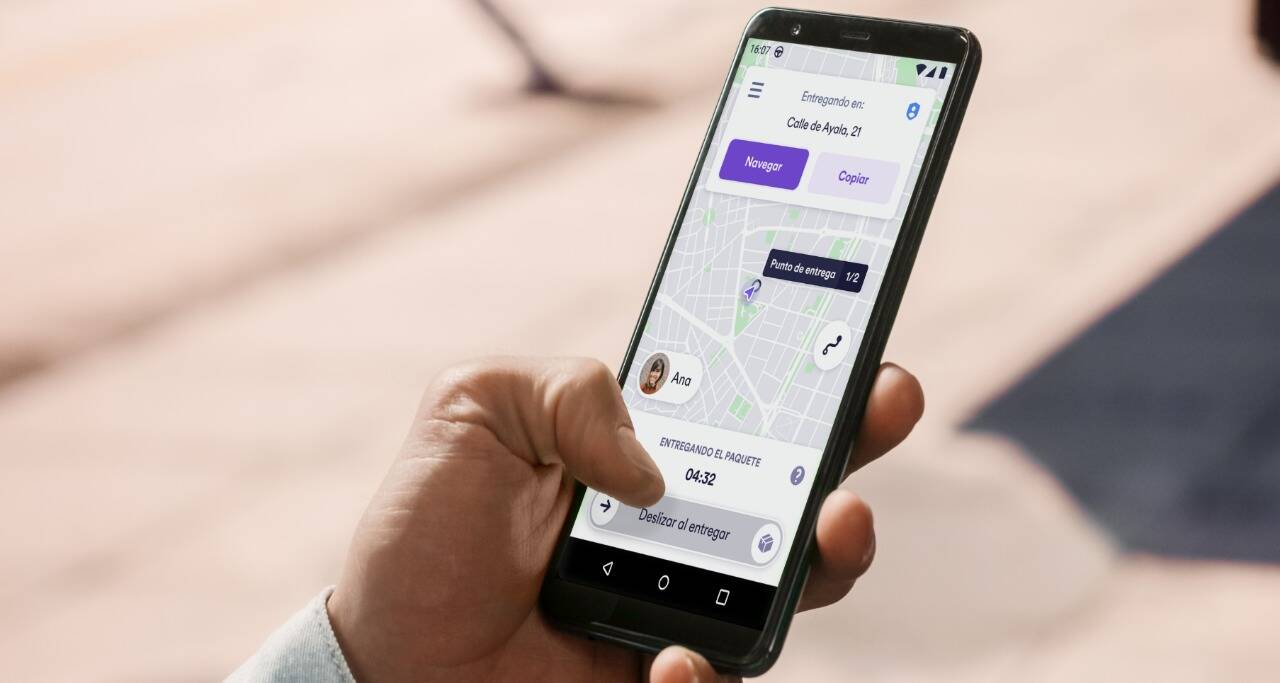Cundinamarca Court denies blocking Uber, Didi, and Cabify as taxi drivers requested in class action lawsuit

In a first-instance ruling, the Administrative Court of Cundinamarca has denied the request to block transportation apps such as Uber, Didi, and Cabify , filed by taxi union leader Hugo Alberto Ospina in a class action lawsuit.
The lawsuit sought to protect collective rights such as administrative morality and public safety, arguing that the platforms were operating illegally.
The court concluded that there was no legal basis to order the blocking of the applications.
In its decision, the court emphasized that class action lawsuits are designed to protect the rights of the general public, not the economic interests of a particular group like taxi drivers.

The ruling recognized the benefits of platforms for consumers. Photo: iStock
According to José Daniel López, president of Alianza Inn, the app association , "the ruling highlights the profound socioeconomic impact of this industry in terms of families generating income, impact on GDP, and user volume."
The ruling also dismissed the plaintiffs' claims, noting that public authorities, such as the Superintendency of Ports and Transportation, have exercised their oversight and oversight powers over platform companies. As evidence, the court cited a fine of more than $451 million pesos imposed on Uber Colombia SAS for failing to comply with certain transportation regulations.
Mobility apps have brought benefits The ruling recognized the benefits of platforms for consumers and market competition, citing the views of the Superintendency of Industry and Commerce.

The court denied the app's blocking. Photo: DiDi
According to the court, these apps have improved mobility and created a market that responds to users' unmet needs.
It's worth noting that these apps, despite the warnings and sanctions imposed by the Supertransporte (Supertransporte ), pay tens of millions of pesos in VAT and other taxes to the national treasury.
The court also noted that Uber offers insurance policies for its rides, which cover civil liability, personal accidents, and medical expenses.
For López, this first-instance ruling "is good news for innovation, the right to work, and the freedom to choose (in mobility systems) in our country."
Despite dismissing the block, the Court issued a crucial admonition to the government and the platforms:
- The Ministry of Transportation was urged to regulate private transportation services provided through these apps once Congress approves the relevant legislation. The court acknowledged that the debate on Law 136 of 2024, which seeks to regulate transportation mediated by digital platforms, is still ongoing.
- Platforms and the Ministry of Transportation were urged to adopt measures to address algorithmic transparency, non-discriminatory pricing, effective complaint and redress mechanisms, identity verification filters, monitoring tools, and improved safety conditions.

The court concluded that there was no legal basis to order the blocking of the apps. Photo: Courtesy of Cabify
The ruling also declared the Attorney General's Office and the Presidency of the Republic to be "lack of standing in the case due to passive jurisdiction," concluding that these entities lack the authority to regulate or oversee transportation.
For all of the above reasons, the court denied the blocking of the apps , stating that there was no violation of collective rights, but recognized the need for a clear regulatory framework that balances competition and protects consumers, a step the Colombian legislature is already attempting to take.
eltiempo





